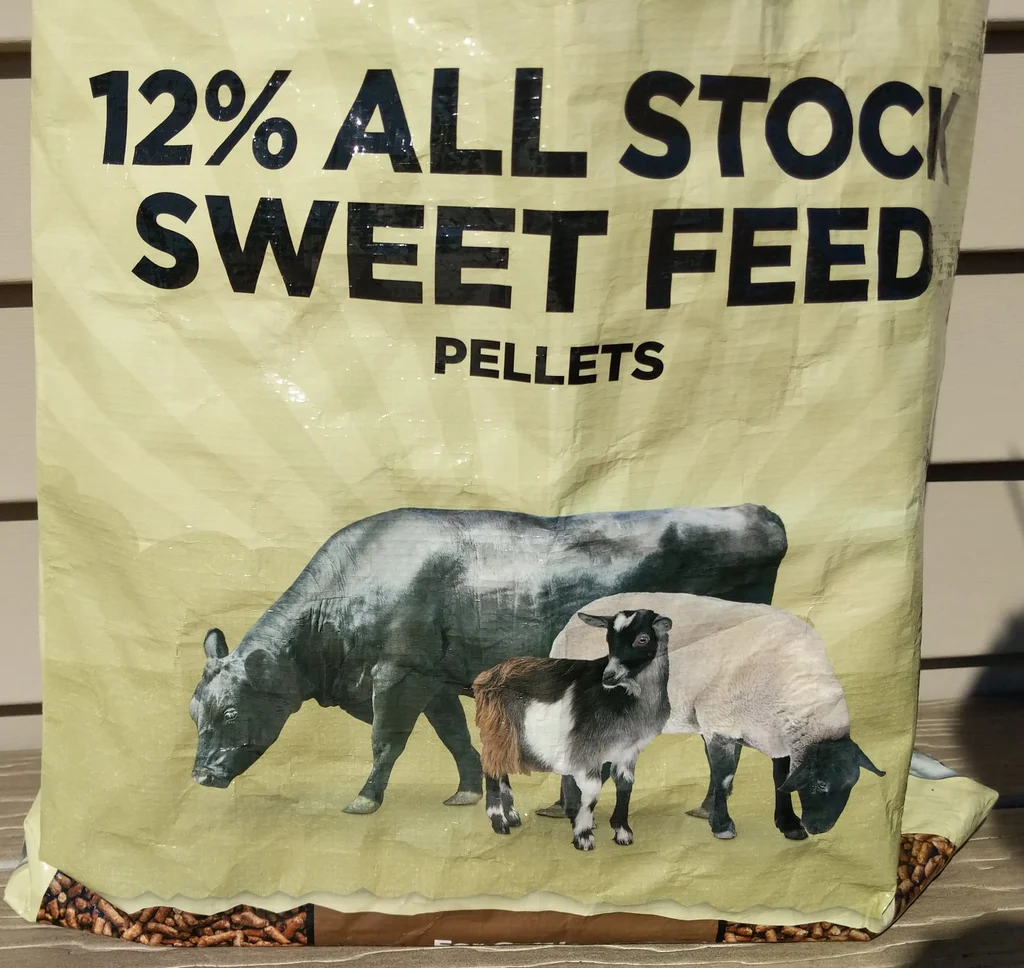When it comes to animal care, one of the most important factors is ensuring that your animals receive fresh, nutritious feed. This often depends on the quality of the feed bag you choose. A well-chosen feed bag not only preserves the nutritional value of the feed but also helps in maintaining hygiene, reducing waste, and simplifying the feeding process.

Types of Feed Bags
Feed bags come in various types, each designed to meet specific needs. The most common types include:
- Woven Polypropylene Bags: These are highly durable and resistant to tearing, making them ideal for transporting and storing large quantities of feed. They are also resistant to moisture, ensuring that the feed stays dry and fresh.
- Paper Feed Bags: Often used for smaller quantities, paper feed bags are biodegradable and environmentally friendly. They are best suited for dry feed and grains.
- Bulk Bags: These are large, heavy-duty bags used for storing and transporting massive amounts of feed. They are typically used in commercial farming operations and can hold up to a ton of feed.
Material Considerations
The material of the feed bag plays a crucial role in determining its suitability for different types of feed. Woven polypropylene, for example, is excellent for moisture resistance, while paper bags are more suitable for dry, pelletized feed. Some feed bags also come with inner liners to provide an extra layer of protection against moisture and pests.
Choosing the Right Size
Feed bags come in various sizes to accommodate different needs. Smaller bags, ranging from 5 to 25 pounds, are ideal for small-scale farming or personal use. Larger bags, such as those holding 50 to 100 pounds, are commonly used in commercial farming.
Benefits of Using High-Quality Feed Bags
- Preservation of Feed Quality: High-quality feed bags ensure that the feed remains fresh and free from contamination. This is particularly important for feeds that contain vitamins and minerals that can degrade when exposed to air or moisture.
- Ease of Handling: Bags designed with reinforced handles or easy-pour spouts make it easier to transport and dispense feed, reducing spillage and waste.
- Cost-Effectiveness: Investing in durable feed bags can save money in the long run by reducing the need for frequent replacements and minimizing feed waste.
- Environmental Impact: Many modern feed bags are designed to be environmentally friendly, using materials that are either recyclable or biodegradable.
Choosing the right feed bag is not just about selecting the correct size or material; it’s about ensuring that your animals receive the best possible nutrition in the most efficient way. By investing in high-quality feed bags, you protect your feed from contamination, reduce waste, and ultimately, support the health and well-being of your animals.
For more information on high-quality feed bags and other packaging solutions, visit Colorful Packaging. Our wide range of products is designed to meet the specific needs of your farming operation, ensuring that you get the best value for your investment.
